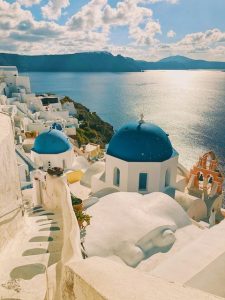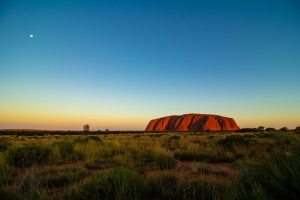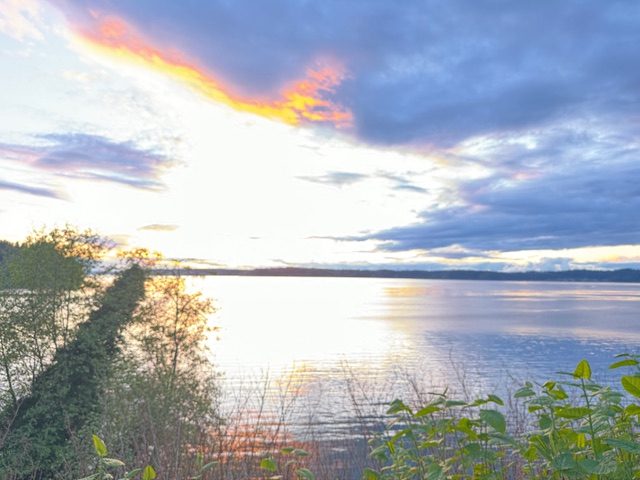by Christine Sine
This weekend we celebrated the solstice. Summer solstice here in the Northern Hemisphere where the earth’s axis tilts towards the sun and we all bask in the glory of long sunny days and warm weather. Winter solstice in the Southern hemisphere where the earth is tilting away from the sun creating the short cold days of winter.
The solstice creates sacred moments celebrated around the world by many cultures for millennia. These celebratory days are an invitation to connect to the ways our people have celebrated this event in the past. This year I was inspired by Mary de Jong’s question “What are traditions within your heritage?” It made me realize how familiar I am with the heritage of the Scottish side of my family, but totally unconnected to the Greek side. So this year I set out to change that. I was fascinated by what I learned.

According to Catalyst Planet “the ancient Greeks have celebrated the solstice for at least 2,500 years. They celebrated the summer solstice as a time of equality. It also marked the beginning of the new year.
The importance of the summer solstice to the Greeks dates back to the creation of calendar systems, many of which were developed based on geographical region. For example, the Athenian calendar spanned from summer solstice to summer solstice, and the Delphic calendar began around the first new moon after the solstice.
This solar orientation led ancient Greek communities to develop new year celebrations around the summer solstice, the most prominent being the festival of Kronia. The celebration was devoted to Kronos, the father of Zeus, and was a harvest festival.
The festival of Kronia was unique because it temporarily diverged from the ancient Greek rigid social hierarchy. It marked a momentary freedom from class restraints where slaves and lords celebrated together, sometimes even reversing roles, in order to mimic Kronos’ “Golden Age” of equality and peace.
Wow! what a rich tradition. I love the idea of celebrating freedom from class restraints and providing an opportunity for people of all levels of society to celebrate together. Here in the U.S. we have just celebrated Juneteenth, a celebration designed to commemorate the end of slavery in the United States. However enslavement still happens – not just amongst the victims of the sex trade, but in the prison system where people work for, on average, less than a dollar an hour. I wonder what a day of freedom and equality could look like in our society today where there seem to be so many barriers between racial groups and those of diverse sexual orientation. How could we once more use the solstice as a time to break down barriers, not just for a day but for all time?
The solstice was also observed by the lighting of fires at crossroads. This practice allowed communities to purge their homes of waste by discarding items into the fire, and was representative of renewal. Furthermore, it was believed that jumping over these fires would allow hopes and dreams to come true.
Who doesn’t enjoy a good bonfire? Who doesn’t want to purge their homes of waste? Perhaps we can take a page out of the lives of my Greek ancestors and use this season as a time to clean out our homes of items that need to be discarded, maybe not throwing them in the fire, but seeing where we can donate them so they can be recycled or repurposed.
Discovering these celebrations that existed for thousands of years in the land of my ancestors gave me a renewed pride in my Greek heritage, which I must confess I tend to ignore. How about you? What is your ethnic heritage? What celebrations marked the solstice or other seasonal occurrences? In what ways do you still practice these? Are there new ideas that emerge that could enrich your seasonal celebrations as well as your appreciation of your heritage?

Uluru photo by Ondrej Machart
Alternatively you might like to look at the heritage of the place in which you live. How do First Nations people of your country celebrate the solstice? This question sent me hunting for information about how the aboriginal people of Australia observed the solstice. They were well attuned to the cosmos, though the decimation of their cultures by colonization means that little remains of their practices. The Wurdi Youang stone arrangement site in Wathaurong country near Ballarat in Victoria has shown through Carbon dating that the arrangement was made some 11,000 years ago. The stones were positioned to track the winter and summer solstice with three stones pointing to the summer equinox. This formation portrays a culture that was well-attuned to the timings of the cosmos and could utilize its movements to aid tribal living.
We are all enriched by the traditions of those who have gone before us especially by our ancestors and those who lived before us in the lands we inhabit.Exploring our heritage and the rich inheritance of the lands in which we live is a wonderful way to uncover more of the “image of God” present in all people. Let me know what you discover as you make this journey.

